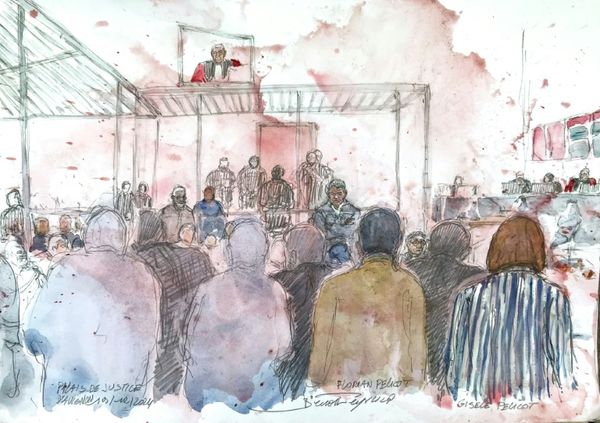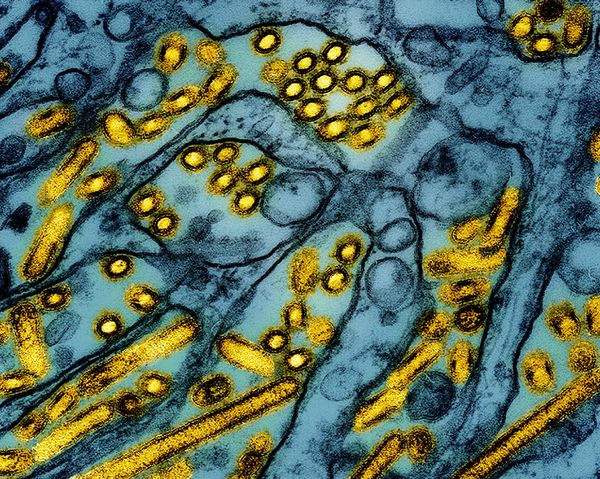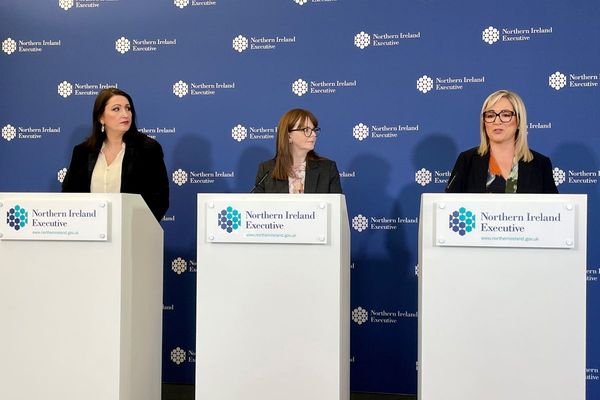
Paris (AFP) - World Rugby chief executive Alan Gilpin has said no external groups caused it to change its return to play protocols for concussions that were announced on Tuesday.
From July 1, the majority of player diagnosed with concussion are set to miss their next match.
Players will only be able to return to the field seven days after a concussion with the approval of an independent doctor, with others having to wait for an increased minimum period of 12 days.
Former internationals, including England's 2003 Rugby World Cup winner Steve Thompson, are involved in legal action against the sport's authorities due to the impact of head injuries suffered during their careers.
"Correct, exactly," Gilpin told reporters when asked to confirm that "pressure from various quarters" had not brought about the shift,
Gilpin insisted the changes were only due to research by an independent group.
"It's the case that the group takes the best information as it evolves and comes up with the next evolution in the process," he said.
World Rugby's changes come into force days before mid-year Tests begin, which include a re-run of the 2019 Rugby World Cup semi-final as South Africa host Wales.
"We haven't had a lot of negative feedback.We're there supporting teams in getting the job done," World Rugby's chief medical officer Eanna Falvey said.
"There's always going to be a bad time to bring something in.When there's a hiatus up here (in the northern hemisphere) there's a lot going on down south.You have to pick a time and go for it," he added.
Last weekend, Saracens scrum-half Aled Davies was controversially shown just a yellow card for a head-contact high tackle on Leicester Tigers' Julian Montoya in the English Premiership final.
Toulouse's Rory Arnold was also sin-binned during his club's Top 14 semi-final loss to Castres on Friday for a similar challenge on opposition winger Filipo Nakosi.
"It's not appropriate to comment on individual refereeing decisions," Gilpin said.
"It's about making sure the referees are consistently applying that head contact process and make sure that everyone understands that we're trying to drive behavioural change."







